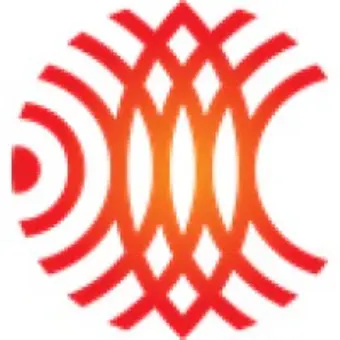Medical Device Software Test Engineer

Openwater
This job is no longer accepting applications
See open jobs at Openwater.See open jobs similar to "Medical Device Software Test Engineer" Khosla Ventures.About the Company
Openwater is creating next-generation open-source medical technologies that can enable us to diagnose and treat potentially 100s of diseases with a single device. With this advancement comes the promise of treatment of debilitating diseases including cancer, mental disease, stroke, COVID/Long COVID and longevity treatments. We already have a trove of clinical data demonstrating the promise of our technology, and now Openwater is the world’s first open-source, open-patent, open-clinical-data, and open-safety-sharing company, centered on the new idea of the Silicon Hospital.
About the Role
As a Software Test Engineer at Openwater, you will design, develop, and execute tests, as well as identify and report defects, in order to ensure the software for our next generation medical devices meets the highest quality standards. You must be a proactive, strong problem solver, and a creative engineer who can function independently while working with cross functional groups. We are looking for an extremely energetic, self-motivated individual who takes initiative in a constantly-changing working environment.
Location: San Francisco, USA
Responsibilities:
- Design and implement test strategies, test cases, and test plans, both manually and through automation.
- Design, implement, and maintain automated CI pipelines (e.g., GitHub Actions, Jenkins) for Python SDK and C firmware to ensure continuous quality throughout the development lifecycle.
- Develop and maintain automated test suites (unit, integration, hardware-in-the-loop) for Python SDK and embedded device firmware to validate functionality, performance, and compliance with IEC 62304.
- Integrate static analysis, code linting, and security tools (e.g., flake8, pylint, cppcheck) into automated workflows to enforce code quality and regulatory compliance.
- Automate the generation of test reports, coverage metrics, and traceability documentation to support design verification, validation, and regulatory submission processes.
- Identify, document, and track software defects, working with the development team to resolve them.
- Create and maintain detailed test documentation, including test plans, test reports, and bug reports.
- Work closely with developers, product managers, and other stakeholders throughout the software development lifecycle.
- Configure and maintain testing environments to simulate real-world conditions.
- Interface with a cross-functional team of engineers and medical professionals.
Qualifications:
- B.S. (or beyond) in Software Engineering, or equivalent discipline.
- At least 5 years of industry experience, preferably in the medical device industry.
- Ability to analyze complex systems, identify potential issues, and devise effective solutions.
- Meticulousness in identifying defects and ensuring thorough testing.
- Effectively communicates test results and collaborates with team members.
- Proficiency in programming languages (e.g., Python, C/C++), testing and automation tools (e.g., pytest, Jenkins, GitHub Actions, Docker), and operating systems (e.g., Windows, Mac, Linux).
- Understanding the various stages of medical device software development and how testing fits into the process.
- Experience writing test plans and producing clear documentation.
- Knowledge of IEC 60234 and software requirements for medical device compliance.
- Proficient with basic test equipment - e.g. oscilloscope and multimeter
- US work authorization required.
Bonus Qualifications:
- Familiarity with serial communication protocols - I2C, SPI, UART, USB is a plus
- Experience with embedded systems/processors and DSP/FPGA is a plus
- Experience or familiarity with high speed serial signaling (MIPI, LVDS, etc.) and camera sensors is a plus.
- Experience with C/C++ for driver-level software is a plus.
This job is no longer accepting applications
See open jobs at Openwater.See open jobs similar to "Medical Device Software Test Engineer" Khosla Ventures.